Hungarian Prime Minister Viktor Orban’s recent proposal for a Christmas ceasefire, relayed to both Moscow and Kyiv, provoked a similar wave of international backlash and scorn in the Western world as his earlier peace mission, in the summer. Predictably, the first voices to dismiss his efforts were advocates for the transatlantic pro-war apparatus, along with various commentators and political pundits, who informed Western Europe and the United States that such Hungarian peace initiatives are futile. According to them, Mr. Orban - perpetually grappling with “political isolation and irrelevance” - is merely trying to play the role of an unqualified intermediary between the two sides.
However, as more details of the Hungarian prime minister’s recent discussions emerged - it’s worth noting that Hungary currently holds the presidency of the European Union - both the international and the Ukrainian rhetoric shifted. Reports soon surfaced that Orban had not merely spoken with Russian officials but had spent an hour in talks with Russian President Vladimir Putin. He also made parallel efforts to advance the possibility of a ceasefire and prisoner exchanges with Ukrainian President Volodymyr Zelensky, who has been navigating a diplomatically constrained path since the results of this November’s U.S. presidential elections.
Thus, from a marginal liaison, PM Orban has turned into a dangerous "image politician" on the pages of leading Western newspapers, while Kyiv’s leadership - caught in the vacuum of the pro-war machinery - also adjusted its tone.
Following these discussions, it became clear that Ukraine’s leader had even refused to take a phone call initiated by Hungary on the subject. Instead, Zelensky retreated to social media, embarking on a diplomatic tirade. Among his contradictory statements, he notably remarked that “discussions about the war Russia launched against Ukraine cannot happen without Ukraine’s inclusion.”
Observers of efforts advocating for peace might rightly assume at this point that Ukraine, ostensibly interested in de-escalating the bloodshed, perhaps lacks sufficient clarity when it comes to the strategic playing field of geopolitics.
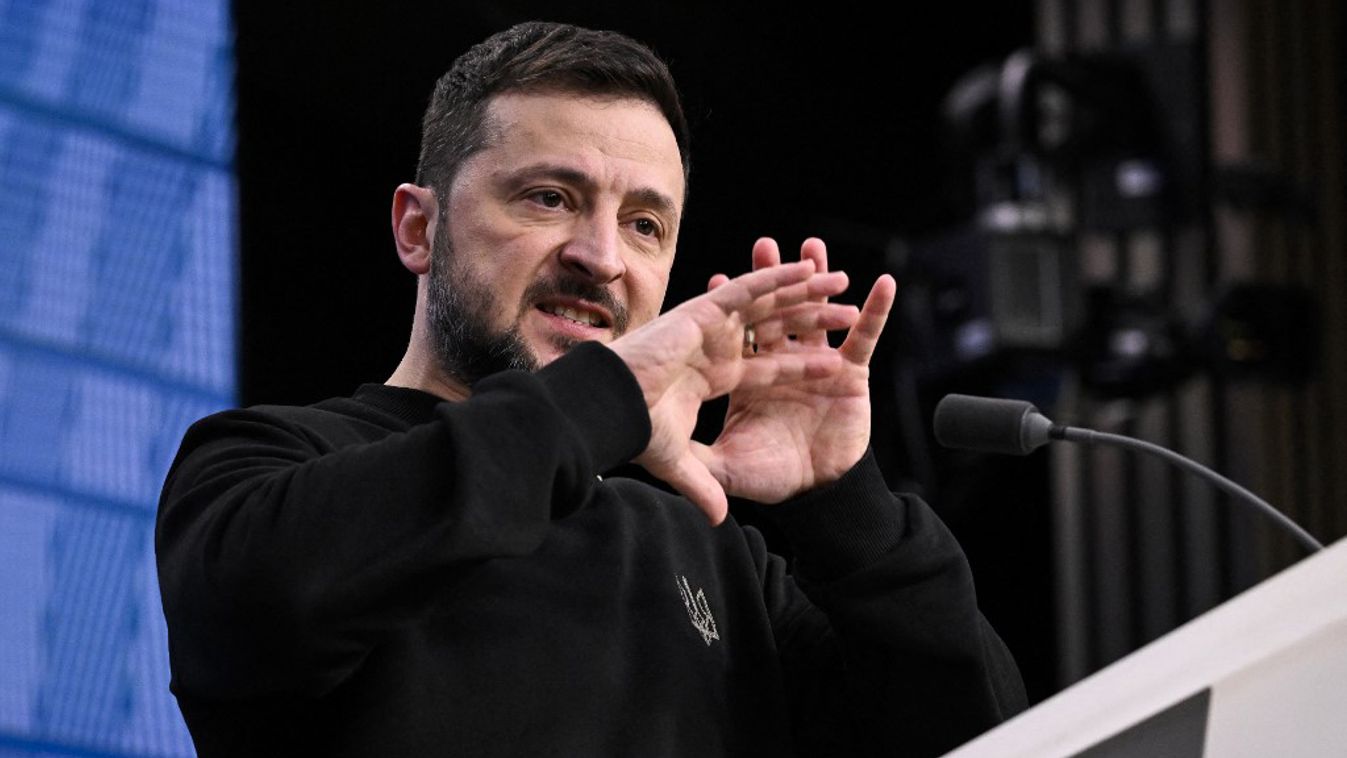
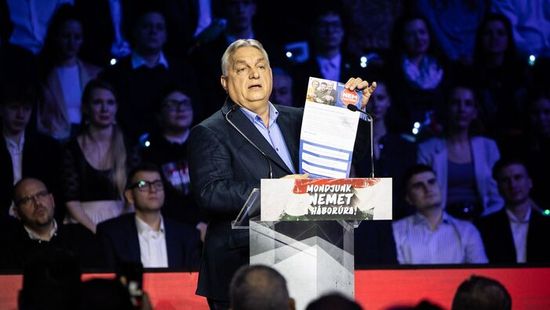

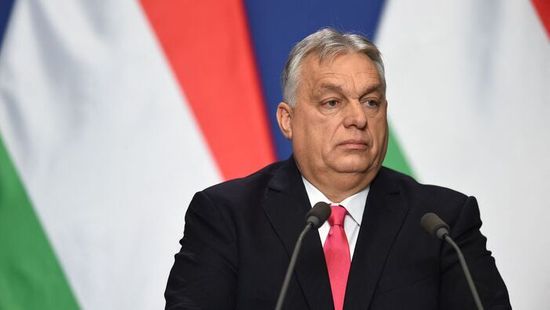
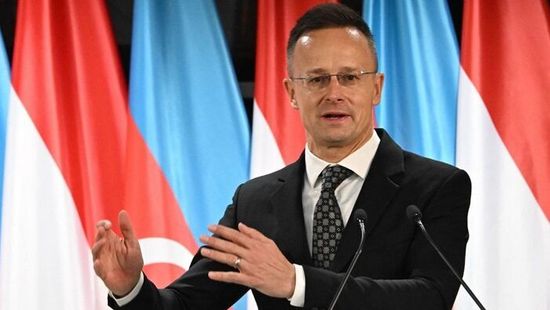

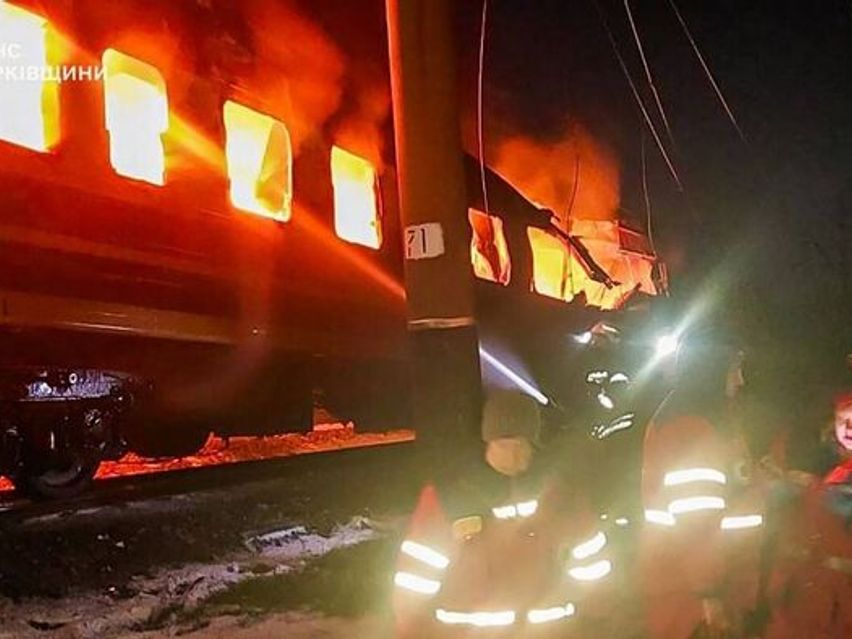
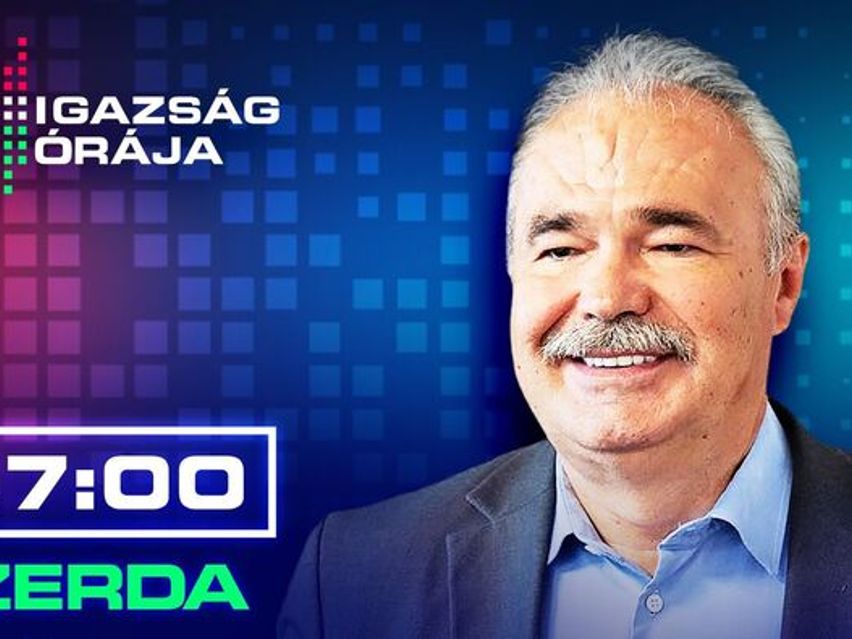



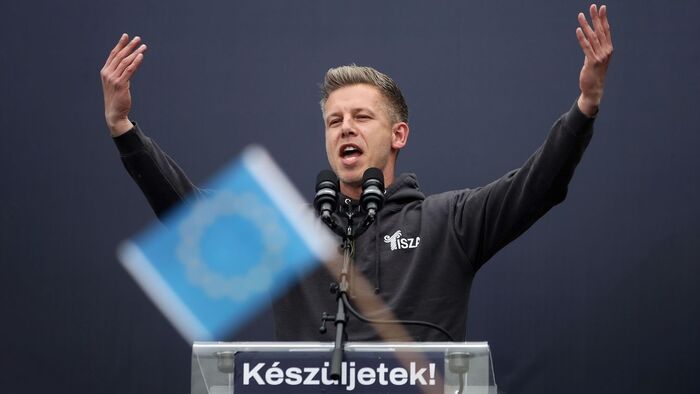
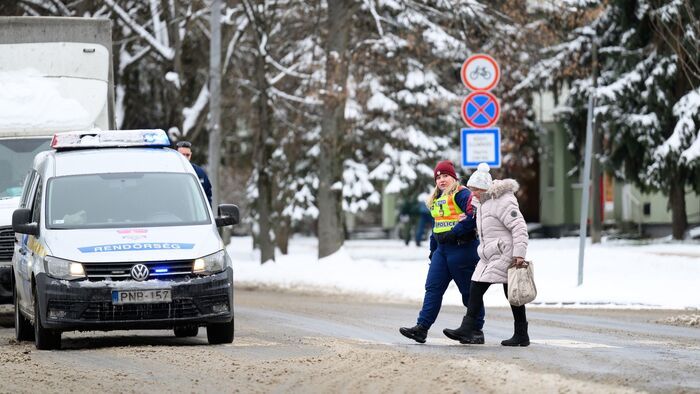

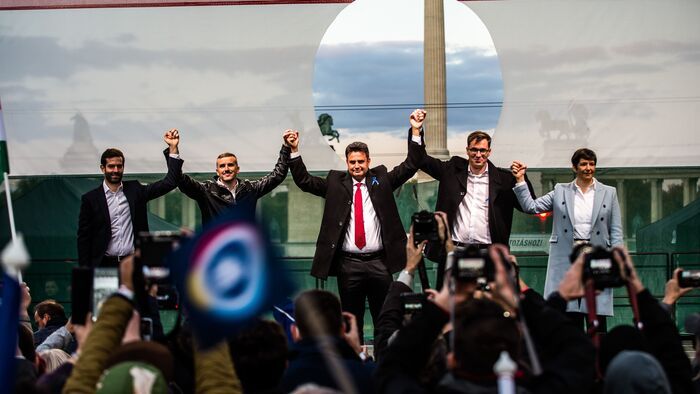
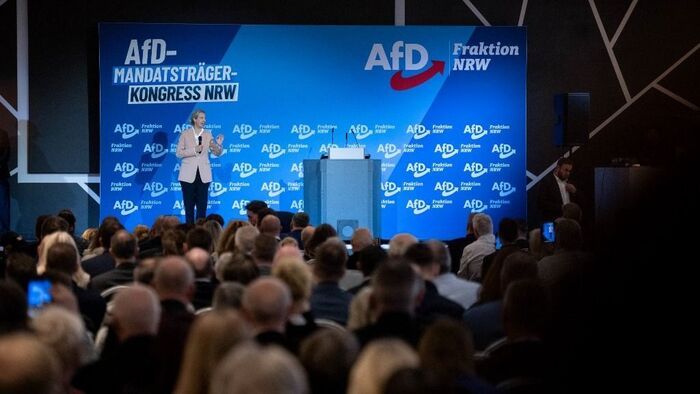
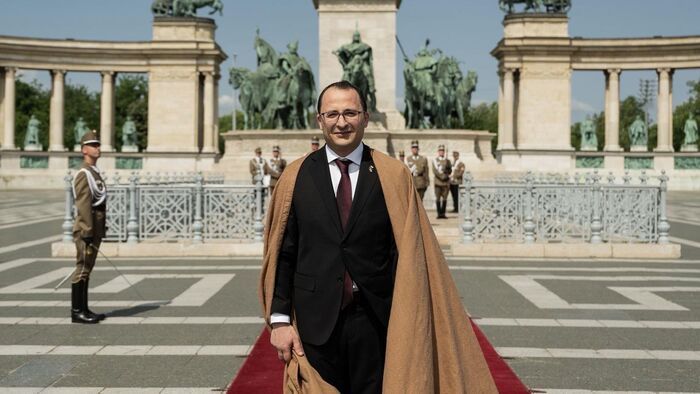
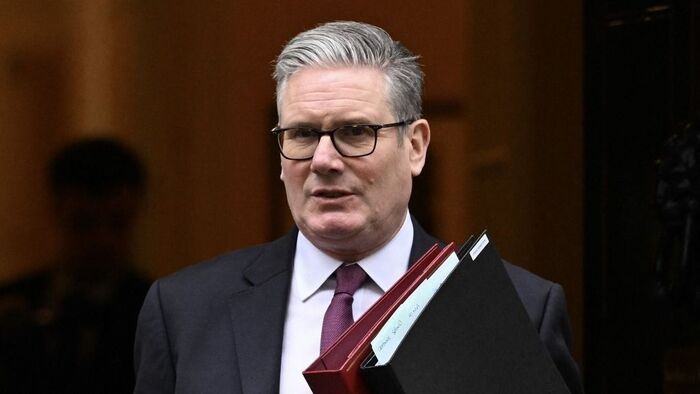

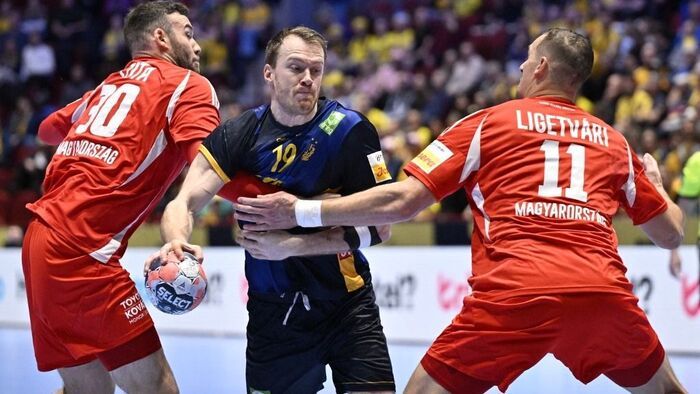

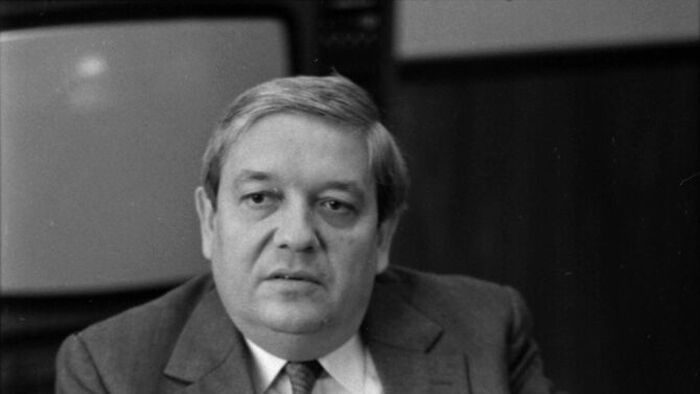

Szóljon hozzá!
Jelenleg csak a hozzászólások egy kis részét látja. Hozzászóláshoz és a további kommentek megtekintéséhez lépjen be, vagy regisztráljon!